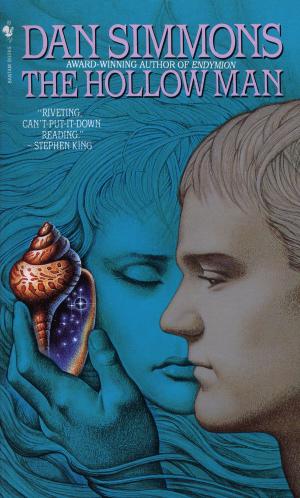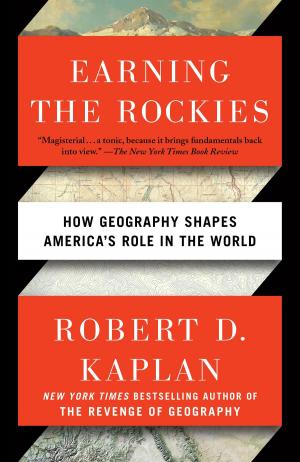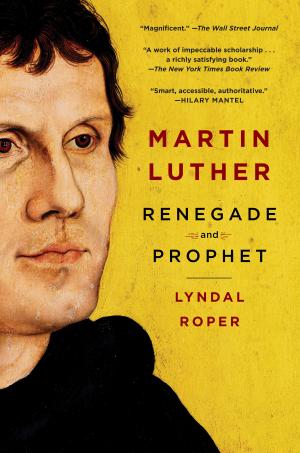Founding Faith
Providence, Politics, and the Birth of Religious Freedom in America
Nonfiction, Reference & Language, Law, Constitutional, Religion & Spirituality, Christianity, Church, Church & State, History, Americas, United States, Revolutionary Period (1775-1800)| Author: | Steven Waldman | ISBN: | 9781588366740 |
| Publisher: | Random House Publishing Group | Publication: | March 11, 2008 |
| Imprint: | Random House | Language: | English |
| Author: | Steven Waldman |
| ISBN: | 9781588366740 |
| Publisher: | Random House Publishing Group |
| Publication: | March 11, 2008 |
| Imprint: | Random House |
| Language: | English |
The culture wars have distorted the dramatic story of how Americans came to worship freely. Many activists on the right maintain that the United States was founded as a “Christian nation.” Many on the left contend that the Founders were secular or Deist and that the First Amendment was designed to boldly separate church and state throughout the land. None of these claims are true, argues Beliefnet.com editor in chief Steven Waldman. With refreshing objectivity, Waldman narrates the real story of how our nation’s Founders forged a new approach to religious liberty, a revolutionary formula that promoted faith . . . by leaving it alone.
This fast-paced narrative begins with earlier settlers’ stunningly unsuccessful efforts to create a Christian paradise, and concludes with the presidencies of Washington, Adams, Jefferson, and Madison, during which the men who had devised lofty principles regarding the proper relationship between church and state struggled to practice what they’d preached. We see how religion helped cause, and fuel, the Revolutionary War, and how the surprising alliance between Enlightenment philosophers such as Jefferson and Madison and evangelical Christians resulted in separation of church and state.
As the drama unfolds, Founding Faith vividly describes the religious development of five Founders. Benjamin Franklin melded the morality-focused Puritan theology of his youth and the reason-based Enlightenment philosophy of
his adulthood. John Adams’s pungent views on religion–hatred of the Church of England and Roman Catholics–stoked his revolutionary fervor and shaped his political strategy. George Washington came to view religious tolerance as a military necessity. Thomas Jefferson pursued a dramatic quest to “rescue” Jesus, in part by editing the Bible. Finally, it was James Madison–the tactical leader of the battle for religious freedom–who crafted an integrated vision of how to prevent tyranny while encouraging religious vibrancy.
The spiritual custody battle over the Founding Fathers and the role of religion in America continues today. Waldman provocatively argues that neither side in the culture war has accurately depicted the true origins of the First Amendment. He sets the record straight, revealing the real history of religious freedom to be dramatic, unexpected, paradoxical, and inspiring.
An interactive library of the key writings by the Founding Father, on separation of church and state, personal faith, and religious liberty can be found at www.beliefnet.com/foundingfaith.
The culture wars have distorted the dramatic story of how Americans came to worship freely. Many activists on the right maintain that the United States was founded as a “Christian nation.” Many on the left contend that the Founders were secular or Deist and that the First Amendment was designed to boldly separate church and state throughout the land. None of these claims are true, argues Beliefnet.com editor in chief Steven Waldman. With refreshing objectivity, Waldman narrates the real story of how our nation’s Founders forged a new approach to religious liberty, a revolutionary formula that promoted faith . . . by leaving it alone.
This fast-paced narrative begins with earlier settlers’ stunningly unsuccessful efforts to create a Christian paradise, and concludes with the presidencies of Washington, Adams, Jefferson, and Madison, during which the men who had devised lofty principles regarding the proper relationship between church and state struggled to practice what they’d preached. We see how religion helped cause, and fuel, the Revolutionary War, and how the surprising alliance between Enlightenment philosophers such as Jefferson and Madison and evangelical Christians resulted in separation of church and state.
As the drama unfolds, Founding Faith vividly describes the religious development of five Founders. Benjamin Franklin melded the morality-focused Puritan theology of his youth and the reason-based Enlightenment philosophy of
his adulthood. John Adams’s pungent views on religion–hatred of the Church of England and Roman Catholics–stoked his revolutionary fervor and shaped his political strategy. George Washington came to view religious tolerance as a military necessity. Thomas Jefferson pursued a dramatic quest to “rescue” Jesus, in part by editing the Bible. Finally, it was James Madison–the tactical leader of the battle for religious freedom–who crafted an integrated vision of how to prevent tyranny while encouraging religious vibrancy.
The spiritual custody battle over the Founding Fathers and the role of religion in America continues today. Waldman provocatively argues that neither side in the culture war has accurately depicted the true origins of the First Amendment. He sets the record straight, revealing the real history of religious freedom to be dramatic, unexpected, paradoxical, and inspiring.
An interactive library of the key writings by the Founding Father, on separation of church and state, personal faith, and religious liberty can be found at www.beliefnet.com/foundingfaith.















